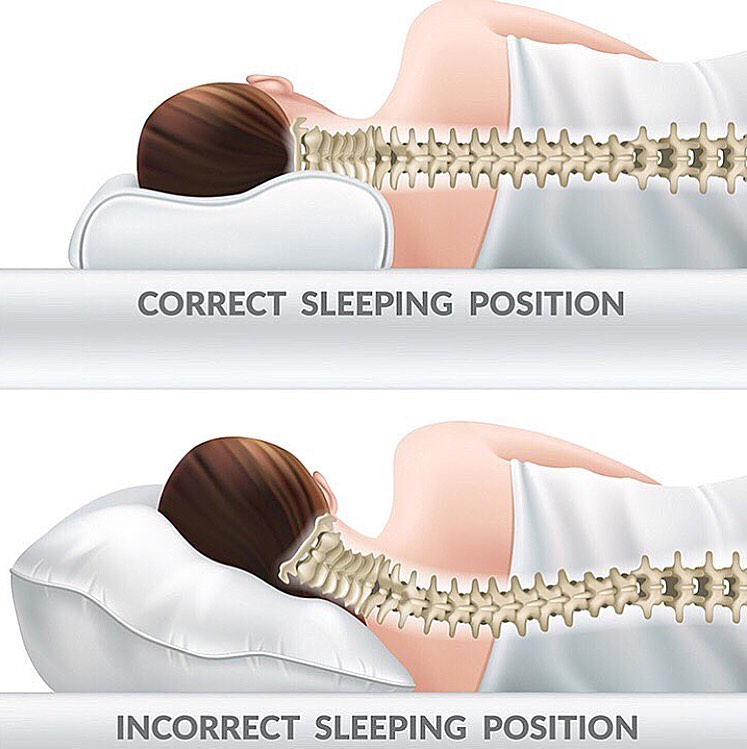Facts about Sleep
Join us in celebrating the many benefits of a good night’s rest.
National Bed Month is an annual initiative which encourages us all to remind ourselves of the importance of good sleep. From supporting our physical and mental health to improving our concentration, mood and energy levels, there are endless reasons why getting a good night’s sleep every night should be high on our list of priorities.
To celebrate this National Bed Month, we’re going to share 22 of the most useful, interesting and bizarre facts about sleep that you may not have heard before. Let’s take a look.
The Good
- The average time taken to fall asleep is between 10 and 20 minutes. If it takes less than that, you’re likely exhausted.
- Humans usually have between four and six dreams per night. Even if you don’t remember them, you’ve still dreamt while you’ve been asleep.
- We spend roughly one third of our lives asleep.
- One third of adults in the US nap, and a 20-30 minute nap is often recommended to improve alertness during the day.
- REM sleep makes up between 20 and 25% of total sleep in healthy adults.
- In a normal sleep period, you will experience between four and six full sleep cycles.
- The suprachiasmatic nucleus (or SCN) is the main driver of your body’s circadian rhythm. It contains around 20,000 neurons.
The bad
- 43% of single parents sleep less than seven hours per night, compared to a third (33%) of adults in two-parent homes and 31% of adults with no children.
- 44% of workers in production industries, such as plant operators or factors workers, get less than seven hours of sleep per night.
- Active duty services members are 34% more likely to report insufficient sleep than people with no history in the military.
- Between 10 and 30% of adults struggle with chronic insomnia, and it’s believed that between 30 and 48% of older adults (aged 55+) suffering from insomnia.
- Women’s lifetime risk of insomnia is as much as 40% higher than that of men.
- In the last 12 months, roughly 5% of children and 1.5% of adults have suffered an episode of sleepwalking.
- Around 8% of people have experienced an episode of sleep paralysis during their lifetime.
- Nearly 60% of people with frequent heartburn say it has negatively impacted their sleep.
The bizarre
- 12% of people dream entirely in black and white.
- Giraffes only need 1.9 hours of sleep per day.
- A brown bat needs a whopping 19.9 hours of sleep per day.
- The record for the longest period without sleep is 11 days. This record was set by Randy Gardner in 1964, and he experienced severe sleep deprivation symptoms as a result.
- Tigers and infants require around the same amount of sleep per day, which is about 16 hours.
- Elephants only go into REM sleep every three to four days, and they only sleep for around three hours at a time.
- Deaf people will often use sign language in their dreams.
There are some interesting words about sleep which you may not have heard before, including somniphobia (the fear of falling asleep), oneirophobia (the fear of dreams and nightmares), and clinomania (the irresistible urge to stay in bed all day).
A good night’s sleep requires a high quality mattress. Discover the full collection of Mammoth health mattresses on our website today, or check out the rest of our blog for more sleep news and tips.
Choosing the Right Pillow

Useful Links: